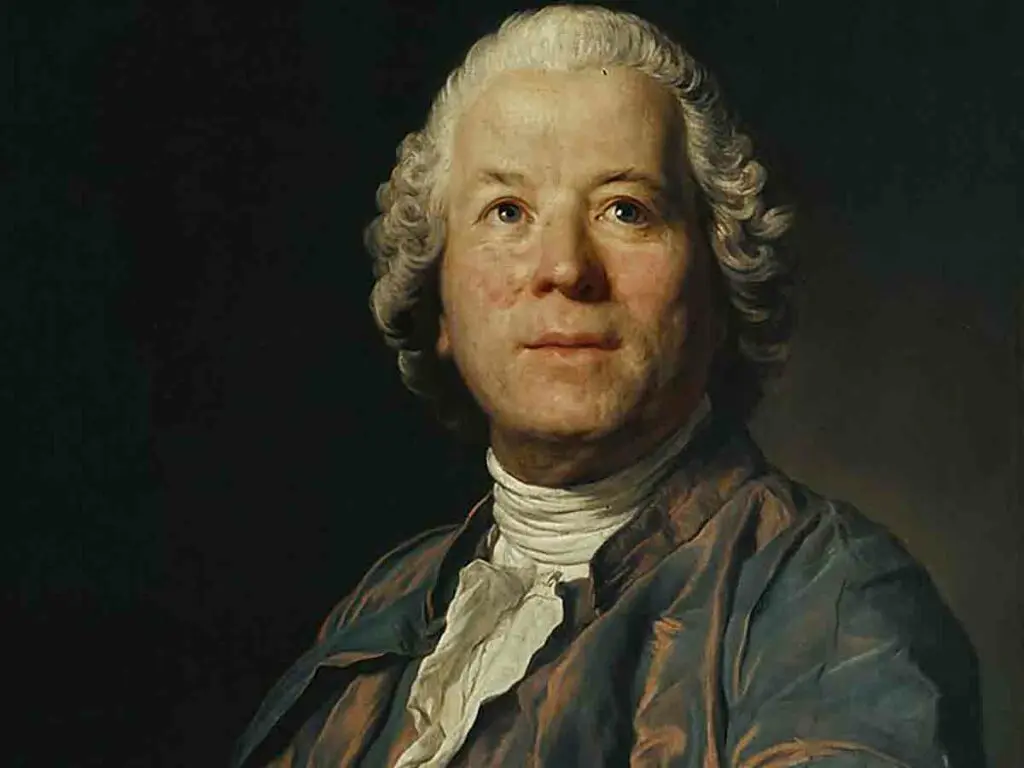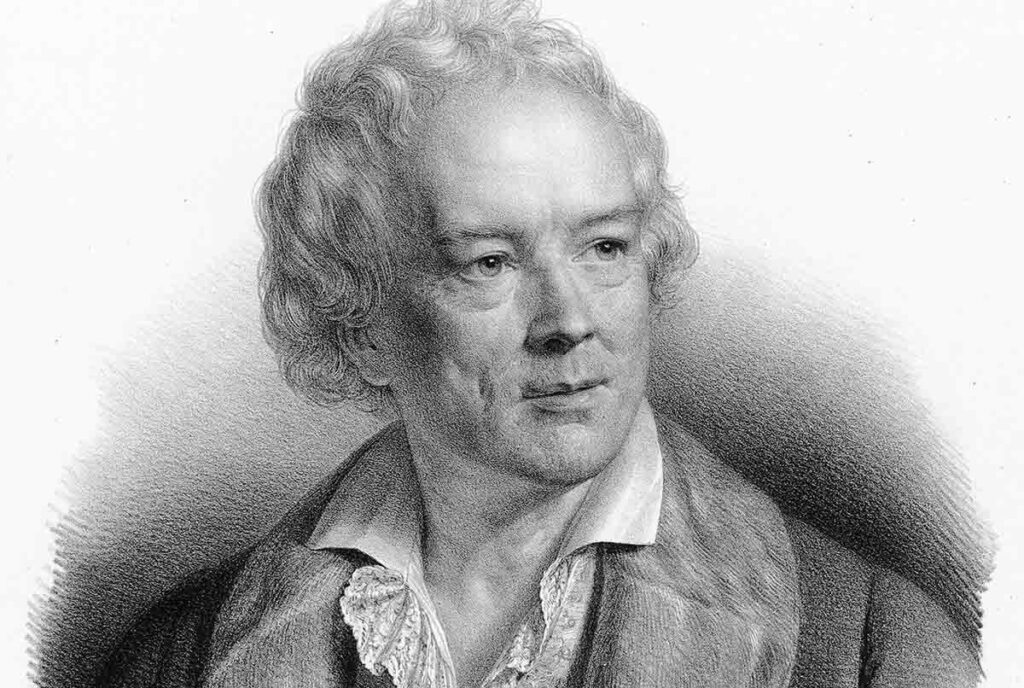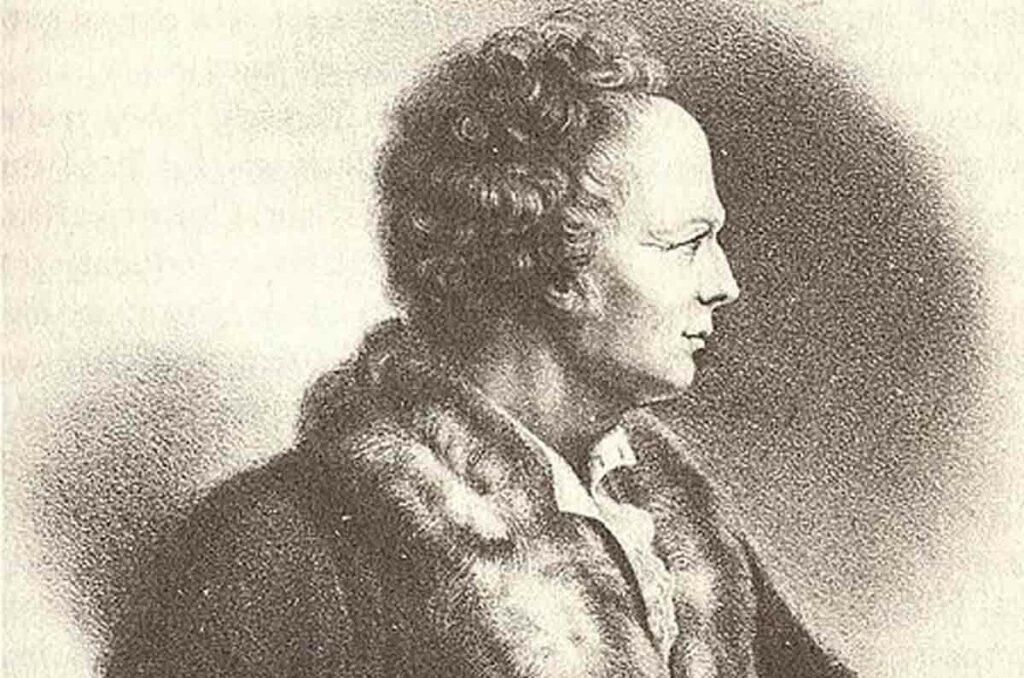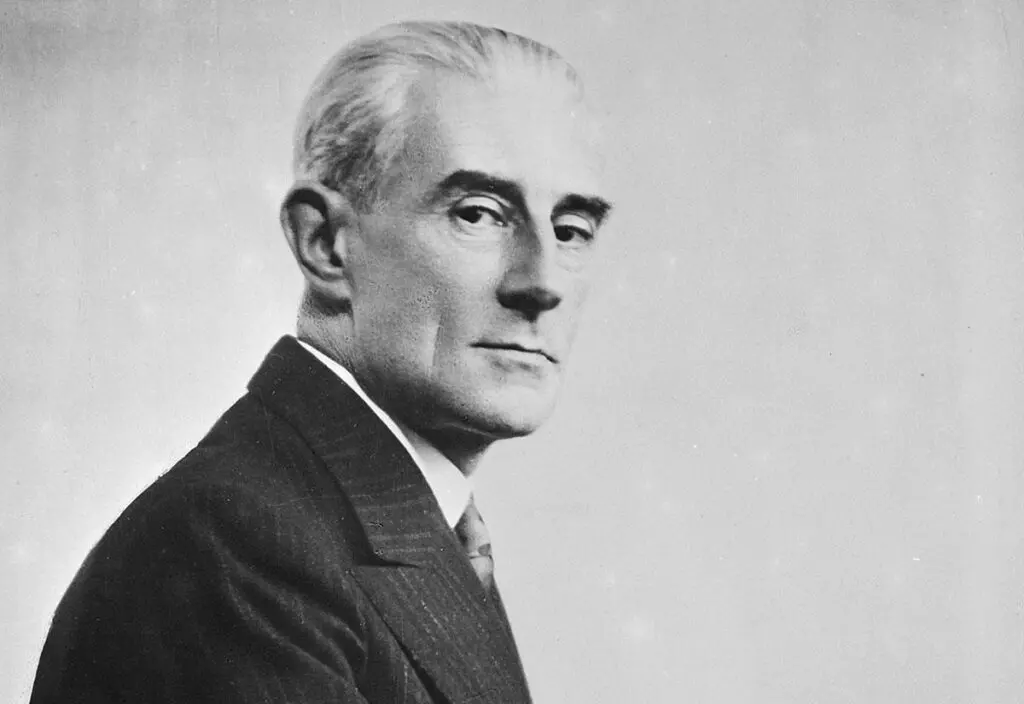The contribution made by Christoph Willibald von Gluck to the development of classical music is hard to underestimate. At one time, the maestro managed to turn the idea of opera compositions upside down. Contemporaries saw him as a true creator and innovator.

He created an entirely new operatic style. He managed to get ahead of the development of European art for several years ahead. For many, he was an undoubted authority and idol. He influenced the work of Berlioz and Wagner.
Maestro's childhood
The genius's date of birth is the second of June 1714. He was born in the provincial village of Erasbach, which was territorially located near the city of Berching.
His parents were not related to creativity. The head of the family could not find his calling for a long time. He served in the army, tried himself as a forester and even tried to work as a butcher. Due to the fact that the father could not find a permanent job, the family was forced to change their place of residence several times. Gluck soon moved to Czech Bohemia with his parents.
Parents, despite being busy and poor, tried to devote maximum time to the child. They noticed in time how their son was drawn to music. Especially, the head of the family was impressed by the ease with which his son masters playing musical instruments.
The father was categorically against Christophe making music. By that time, he got a permanent job as a forester, and naturally wanted his son to continue his work. As a teenager, Gluck constantly helped his father at work, and soon the guy entered the Jesuit College in the Czech town of Chomutov.
Youth years
He was a pretty smart guy. It was equally easy for him to master the exact and humanities. Gluck also obeyed several foreign languages.
In addition to mastering basic subjects, he studied music. As if his father did not want it, but in music, Gluck was a real pro. Already in college, he learned to play five musical instruments.
He spent 5 years in college. Parents were looking forward to the return of their offspring home, but he turned out to be a stubborn fellow. After graduating from an educational institution, he decided to continue his studies, but already in a higher educational institution.
In 1732 he became a student at the prestigious Prague University. The young man chose the Faculty of Philosophy. Parents did not support their son in this plan. They deprived him of financial support. The guy had no choice but to provide for himself.
In addition to concerts, which he held on an ongoing basis, he was also listed as a singer in the choir of the church of St. Jacob. There he met Chernogorsky, who taught him the basics of composition.
During this period of time, Gluck tries his hand at composing musical works. The first attempts to compose compositions cannot be called successful. But, Christophe decided not to retreat from his goal. It will take quite a bit of time, and they will speak to him in a completely different way.
The beginning of the composer's creative career
He only lived in Prague for a couple of years. Then Christoph went to reconcile with the head of the family, and was placed at the disposal of Prince Philip von Lobkowitz. Just at that time, Gluck's father was in the prince's service.

Lobkowitz was able to appreciate the talent of a young talent. After some time, he made Christophe an offer that he could not refuse. The fact is that the young musician took the place of a chorister in the chapel and a chamber musician in the Lobkowitz Palace in Vienna.
Finally, Christophe lived the life that he liked. In his new position, he felt as harmonious as possible. Biographers believe that it is from this moment that the creative path of the incomparable maestro begins.
Vienna has always attracted him, because at that time it was here that the most significant events in art took place. Despite the charm of Vienna, Christophe did not stay long in the new place.
Once the rich philanthropist A. Melzi visited the princely palace. When Gluck began to play music, everyone around froze, glancing at the talented musician. After the performance, Melzi approached the young man and invited him to move to Milan. In a new place, he took the position of a chamber musician in the patron's home chapel.
The prince did not stop Gluck, and even supported the musician in moving to Milan. He was a great connoisseur of music. The prince treated Gluck well, and sincerely wished him to develop.
To perform duties in a new place, Christophe began in 1837. This period of time can be safely called fruitful. In creative terms, the maestro began to grow rapidly.
In Milan, he took composition lessons from distinguished teachers. He worked hard and devoted much of his time to music. By the beginning of the 40s, Gluck was well versed in the principles of writing compositions. It will take it to a whole new level very soon. They will talk about him as a rather promising composer.

Presentation of debut opera
Soon he expanded his repertoire with his debut opera. We are talking about the composition "Artaxerxes". The presentation of the musical work took place in the same Milan, on the site of the Reggio Ducal court theater.
The opera was warmly welcomed by the audience and authoritative music critics. A new star has lit up in the world of music. At that time, a short review of the composer's debut creation was made in several newspapers. Later, it was staged in several theaters in Italy. Success prompted the maestro to write new works.
He began an active life. His activity was mainly associated with the writing of brilliant works. So, during this period of time, Christophe published 9 worthy operas. The Italian elite spoke about him with respect.
Gluck's authority grew with each new composition he wrote. Thus, representatives of other countries began to contact him. One thing was expected from Christophe - writing operas for a particular theater.
In the mid-40s, the noble Lord Mildron, who at that time managed the Italian opera of the famous Royal Theater "Haymarket", turned to Gluck for help. He wanted to acquaint the public with the work of the one whose name was very popular in Italy. It turned out that this trip is no less important for the maestro himself.
On the territory of London, he was lucky to meet Handel. At that time, the latter was listed as one of the most powerful opera composers in the world. The work of Handel made the most pleasant impression on Christophe. By the way, Gluck's operas staged on the stage of the English theater were received rather coldly by the audience. The audience turned out to be indifferent to the work of the maestro.
Christoph Willibald von Gluck on tour
After touring the territory of England, Christophe did not intend to rest. He spent six more years on tour. He not only presented old operas to European admirers of classical music, but also wrote new works. Gradually, his name gained importance in many European countries.
The tour covered almost all European cultural capitals. A huge plus was that he could communicate with other cultural figures, exchanging invaluable experience with them.
Being in Dresden on the stage of the local theater, he staged the musical performance "The Wedding of Hercules and Hebe", and in Vienna the maestro's brilliant opera "Recognized Semiramide" was staged. Productivity, contributed, including changes in personal life. Gluck literally fluttered. He was filled with the most vivid emotions.
In the early 50s, he accepts an offer from the entrepreneur Giovanni Locatelli to join his troupe. During this period of time, he receives a new order. He was ordered to write the opera Ezio. When the performance was staged, the composer went to Naples. He did not come there empty-handed. Christophe's new opera was staged on the stage of the local theater. We are talking about the creation "Mercy of Titus".
Vienna period
After he started a family, he faced a difficult choice - the composer had to decide in what place he and his wife would live on a permanent basis. The choice of the maestro, of course, fell on Vienna. The Austrian elite received Christoph warmly. High-ranking officials hoped that Christoph would write a number of immortal compositions on the territory of Vienna.
Soon the maestro received an offer from Joseph of Saxe-Hildburghausen himself, he took a new post - the position of bandmaster at the palace of that very Joseph. Weekly Gluck organized so-called "academies". Then he was promoted. Christophe was appointed bandmaster of the opera troupe at the Court Burgtheater.
This period of Gluck's life was the most intense. From a busy schedule, his health was greatly shaken. He worked in the theater, composed new works, and also did not forget to please the fans of his work with regular concerts.
During this period of time he worked on seria operas. Having delved into the genre, he gradually began to become disillusioned with it. The composer was first of all disappointed by the fact that these works were devoid of drama. Their goal was to ensure that the singers could demonstrate their vocal abilities to the audience. This forced the maestro to turn to other genres.
In the early 60s, a presentation of the composer's new opera took place. We are talking about the creation of "Orpheus and Eurydice". Today, most critics assure that the presented opera is the best reformatory work of Gluck.
Details of the personal life of Christoph Willibald von Gluck
Gluck was lucky to meet the one who took a special place in his life. He married a certain Maria Anna Bergin. The couple got married in 1750. A woman will stay with her husband until the end of her days.
Christoph adored his wife and his friends. Despite the busy schedule, he paid maximum attention to his family. They answered the maestro in return. For his wife, Gluck was not only a wonderful husband, but also a friend.
Interesting facts about the maestro
- He had many students. The list of the most prominent is headed by Salieri.
- While on tour in England, he performed pieces of music on a glass harmonica of his own design.
- He considered himself lucky, because, according to Gluck, he was surrounded only by good people.
- The maestro went down in history as an operatic reformer.
The Last Years of Christoph Willibald von Gluck
In the early 70s, he moved to the territory of Paris. Biographers believe that it was during the "Parisian period" that he composed the lion's share of immortal works that changed ideas about opera music. In the mid-70s, the premiere of the opera Iphigenia in Aulis took place.
At the end of the 70s, he was forced to move to Vienna. The fact is that the health of the maestro has deteriorated sharply. Until the end of his days he spent in his native town. Glitch didn't go anywhere. The brilliant maestro died on November 15, 1787.



